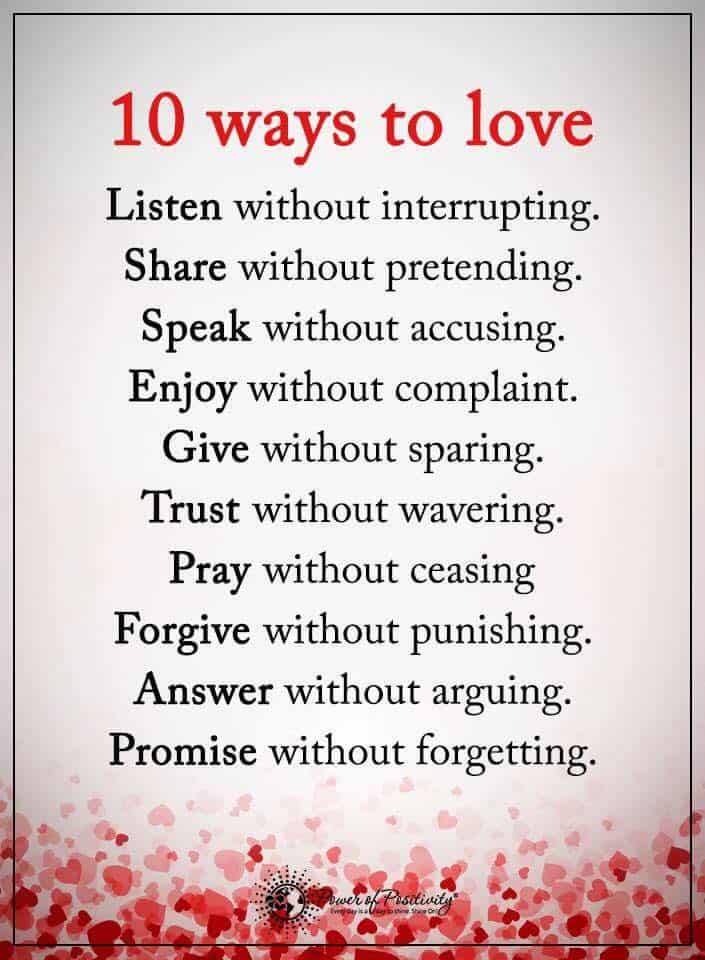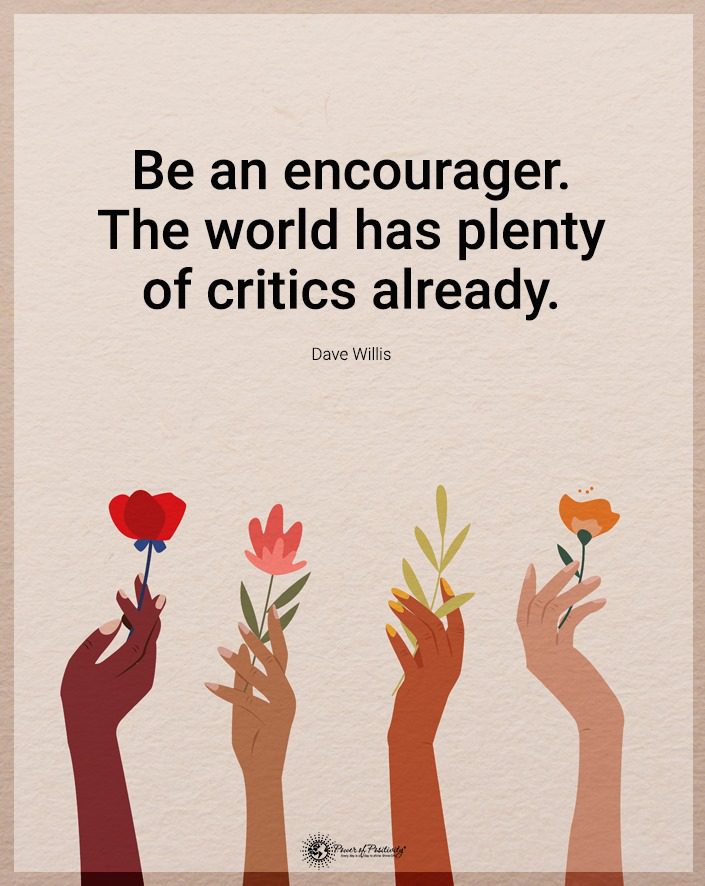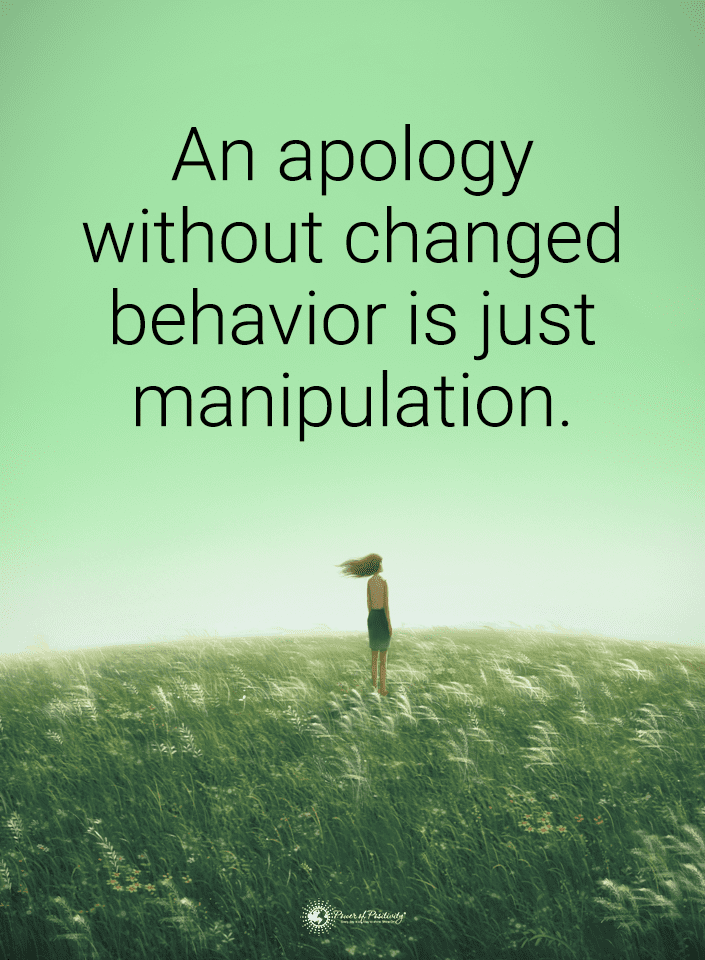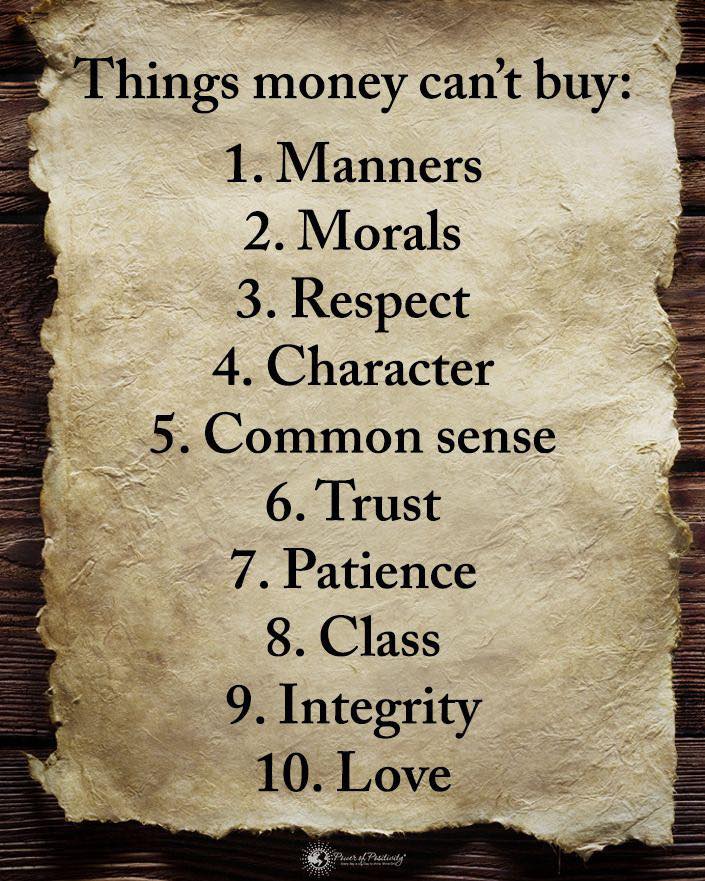Is your new girl falling for you? Know these signs.
Navigating a new romantic relationship can be a thrilling yet mysterious journey. One of the most exciting moments is realizing your girlfriend is falling in love with you.
But how can you be sure?
This article reveals 15 unmistakable signs that she’s head over heels.
NOTE: Please see our companion article if you seek information on whether your boyfriend is falling for you. While males and females share some behaviors, others vary. Thus, we cover them seperately.
15 Signs of a Girlfriend Falling in Love With You
“Falling in love is associated with increased energy, narrowing of mental focus, sometimes sweaty palms, light-headedness, racing heart, and a lot of positive feelings,” says Dr. Rachel Needle, an associate professor and the coordinator of Clinical Experiences at South University, West Palm Beach.
But how do you know the behaviors that will follow? Watch for these signs:

1 – Your Girlfriend Prioritizes Your Happiness:
When your girlfriend starts to fall in love, it’s not just about the over-the-top gestures or the big moments. One of the most telling signs is how she values your happiness. It becomes paramount to her.
Whether it’s by preparing your favorite meal after a long day, listening to you vent without judgment, or simply doing little things that she knows will bring a smile to your face, she’ll consistently go the extra mile.
This selflessness, where she places your contentment at the forefront, is a genuine indicator of deepening feelings.
2 – Deep Conversations:
As your relationship progresses, you might notice a shift in the quality of your conversations. Instead of skimming the surface or discussing day-to-day matters, you dive deep.
These profound discussions about aspirations, fears, life philosophies, and plans aren’t just idle chatter. They signify a desire to understand each other on a more intimate level. When you share and listen to each other’s dreams and vulnerabilities in these moments, you forge a profound emotional connection.
3 – Your Girlfriend Introduces You to Her Inner Circle:
It’s one thing to meet casual acquaintances, but it’s an entirely different ballgame when she introduces you to her closest friends and family.
These are the people she values most in her life, and by bringing you into this inner circle, she’s signaling that she sees a significant place for you in her future.
It’s more than just a casual introduction. Instead, it’s her way of integrating you into her world, showing that she’s proud of your relationship and is serious about its longevity.
4 – Physical Affection Increases:
Physical touch is one of the primary love languages, and its increase can be a clear sign of deepening affection.
It’s not just about passionate kisses or embraces. It is also about spontaneous subtle touches. Maybe she’ll brush the hair out of your eyes, hold your hand while walking, or rest her head on your shoulder during a movie.
Though these gestures might seem small, they are her way of staying connected and showing that she cherishes your presence and feels comforted by your touch.
5 – Your Girlfriend Remembers the Little Things:
Some people note that love is in the details. When your girlfriend recalls the minutiae of your life, it’s a testament to how attentively she listens and how much she cares.
It could surprise you with that obscure book you mentioned once, avoiding a food you dislike, or quoting a joke you shared weeks ago. These acts aren’t grand, but they’re deeply personal. They show that she’s hearing and, internalizing and cherishing the stories and preferences that make you uniquely you.
6 – Future Plans Include You:
It’s one thing to daydream about the future, but it speaks volumes when your girlfriend consistently includes you in her visions of what’s to come. It could be as simple as planning a weekend getaway or as significant as discussing where you both might settle down.
She sees long-term potential in your relationship when she envisions her future milestones, achievements, and adventures, and you’re right beside her in those dreams.
It’s her way of subtly expressing that she wants you by her side, not just for the present moments but for the many tomorrows to come.
7 – She’s Open and Vulnerable:
True intimacy goes beyond physical closeness; it’s about emotional connection and trust. When your girlfriend starts to share her deepest fears, aspirations, past experiences, and insecurities, it’s a sign of immense trust. It means she feels safe enough with you to reveal her authentic self, imperfections and all.
This level of openness and vulnerability is not easy. It requires courage and a deep sense of connection. So, when she lets you into her inner world, it’s a subtle way of saying that she believes in the strength and security of your bond.
8 – Compromise Becomes Natural:
Every relationship has its differences, be it in tastes, preferences, or hobbies. However, it’s a sign of genuine affection when your girlfriend willingly steps out of her comfort zone to engage in activities you love or makes small sacrifices to ensure your happiness.
It’s not about giving up her identity. Rather, you find a middle ground where both of you can thrive. Whether she’s sitting through that action-packed movie or trying out a hobby you’re passionate about, these acts of compromise show that she values your happiness and is committed to nurturing the relationship.

9 – Your Girlfriend Defends You:
Loyalty is a cornerstone of any strong relationship. If your girlfriend stands up for you, especially when it might be easier to stay silent, it’s a testament to her commitment and belief in you.
Whether correcting a misconception or defending your character against unjust criticism, her actions demonstrate that she’s not just in this for the good times. She’s ready to weather the storms with you. You can be sure you will always have an ally in your corner.
10 – Gifts Become Thoughtful:
Gift-giving in a relationship is not about extravagance or impressing with expensive items. It’s about the sentiment and thought behind the gesture. When your girlfriend starts gifting you items that hold sentimental value or resonate with personal memories, it’s a sign that she’s paying attention to your preferences.
It could be a book by an author you once mentioned, a trinket from a place you both visited or even a handwritten letter. These thoughtful gifts say she cherishes your shared moments and wants to create more memories together.
11 – She Checks in on You:
In the hustle and bustle of daily life, small gestures often mean the most. When your girlfriend takes a moment to check in on you, it’s more than just a casual inquiry.
Her questions, like “Did you have a good day?” or “Have you had something to eat?” are her way of expressing concern. These queries also reassure her that you’re okay.
These seemingly mundane interactions underscore her genuine care for your well-being. She’s not just interested in the significant events of your life; she’s invested in your day-to-day happiness and comfort.
12 – Jealousy is Minimal:
Every relationship will face its share of challenges, and jealousy can often be one of them. However, when your girlfriend’s trust in you outweighs fleeting moments of insecurity, it signifies a mature and loving bond.
It is natural to feel occasional pangs of jealousy. However, a girlfriend who truly loves you will place her faith in your commitment. She understands that trust is the foundation of any lasting relationship and chooses to believe in the strength of your bond rather than giving in to baseless doubts.
13 – Your Girlfriend Respects Your Boundaries:
Every individual has boundaries, be it emotional, physical, or even related to personal space and time. A loving girlfriend recognizes and respects these limits.
She understands love isn’t about possession or encroachment but mutual respect and understanding. She shows her love by honoring your boundaries, whether it’s giving you space when you need it, understanding your need for alone time, or respecting your opinions even when they differ from hers. But she also expects the same level of respect in return.
14 – You’re Her Go-To Person:
Life is a rollercoaster of emotions, filled with highs and lows. When your girlfriend consistently turns to you, whether to share exciting news or seek comfort after a tough day, it clearly indicates her deep emotional connection with you.
You’ve become her anchor, confidant, and primary source of support. This reliance isn’t about dependency. Instead, it reveals the trust she places in you, believing you’ll be there for her through thick and thin.
15 – Your Girlfriend Says She’s Falling in Love With You:
While actions often speak louder than words, there are times when words carry profound weight. One of the most transparent signs of her love is when she looks into your eyes and tells you she loves you.
It’s a vulnerable moment filled with sincerity and emotion. Her heart speaks directly to yours if she says it, especially without any prompt or occasion. Trust in her words, cherish them, and believe in the depth of her feelings for you.
Final Thoughts on Knowing Whether Your New Girlfriend Is Falling in Love With You
In the end, every relationship is unique. While these signs can be a good indicator, the most important thing is to communicate with your girlfriend. Open dialogue can provide clarity and deepen your bond. Remember, love is a lifelong journey, not a singular destination. Enjoy every moment and cherish the signs that show she’s falling in love with you.



















